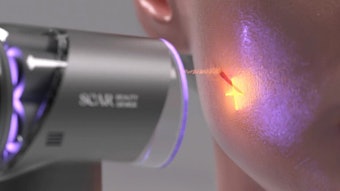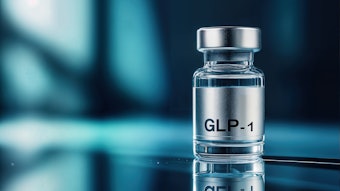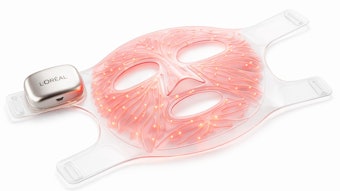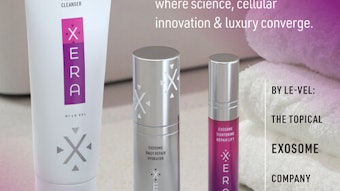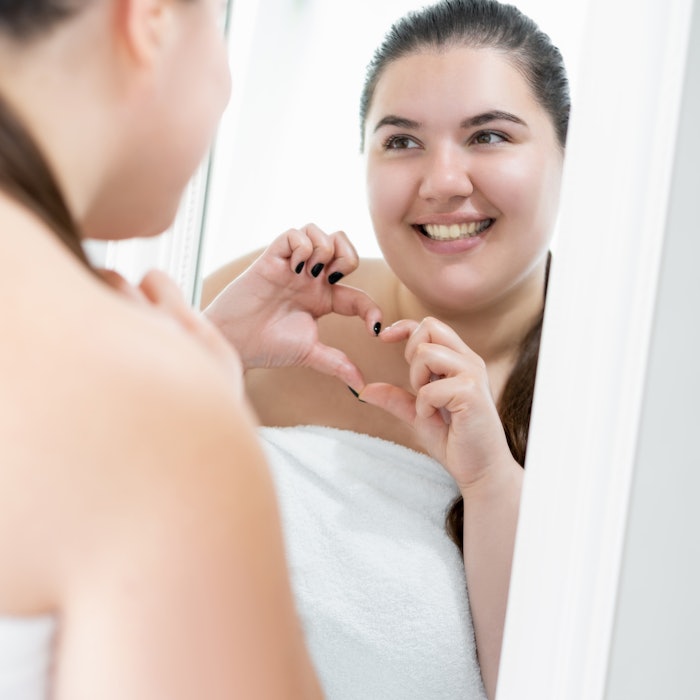
In a first-of-its-kind study, Unilever scientists report they have uncovered a potential connection between the skin microbiome and psychological well-being. While prior research has focused on the gut microbiome’s role in emotional health, this study explores the role of the skin’s microbial community.
Published in the British Journal of Dermatology, the research examined the skin microbiome across four body sites — face, scalp, forearm and underarm — in 53 adults. Advanced DNA sequencing and microbial diversity analysis revealed site-specific associations.
Participants also completed a series of psychological assessments measuring stress, mood, sleep quality and body site-related well-being. The questionnaire captured psychological distress associated with visible skin concerns and underarm issues such as odor and sweat.
Cutibacterium Rises to the Top
The key finding was: higher levels of Cutibacterium, a common skin bacterium, particularly on the face and underarms, were linked to lower stress and improved mood. This association was consistent across several psychological indicators.
"Our results suggest that certain bacteria on the skin may be positively related to our psychological well-being,” the Unilever team explained, highlighting the potential role of Cutibacterium in the skin–brain axis. Along this axis, psychological stress can influence skin health — and vice versa.
New Avenues for Skin Care Innovation
Unilever believes this insight opens new avenues for skin care innovation that supports both skin health and emotional well-being. With more than 30,000 microbiome samples and over 100 related patents, the company has already applied its research to products across brands like Dove, Vaseline and Dermalogica.
“This marks a shift toward skin care that is not only cosmetic but also therapeutic,” Unilever noted, highlighting future potential for microbiome-targeted solutions to enhance quality of life.
Unilever researchers collaborated with the University of Liverpool’s Brain and Behavior Lab and Microbiome Innovation Center on this study.
5 Ways to Innovate in the Wellbeauty Space
Describing the same Unilever study, Global Cosmetic Industry highlighted five ways brands can use these findings to innovate in the wellbeauty space:
- Focus on mood-enhancing ingredients by preserving or promoting beneficial bacteria such as Cutibacterium;
- Target the brain-skin axis;
- Create specialized underarm and face care — body sites in this study where strong associations were noted;
- Prioritize microbiome-friendly formulas; and
- Emphasize well-being in your marketing.
